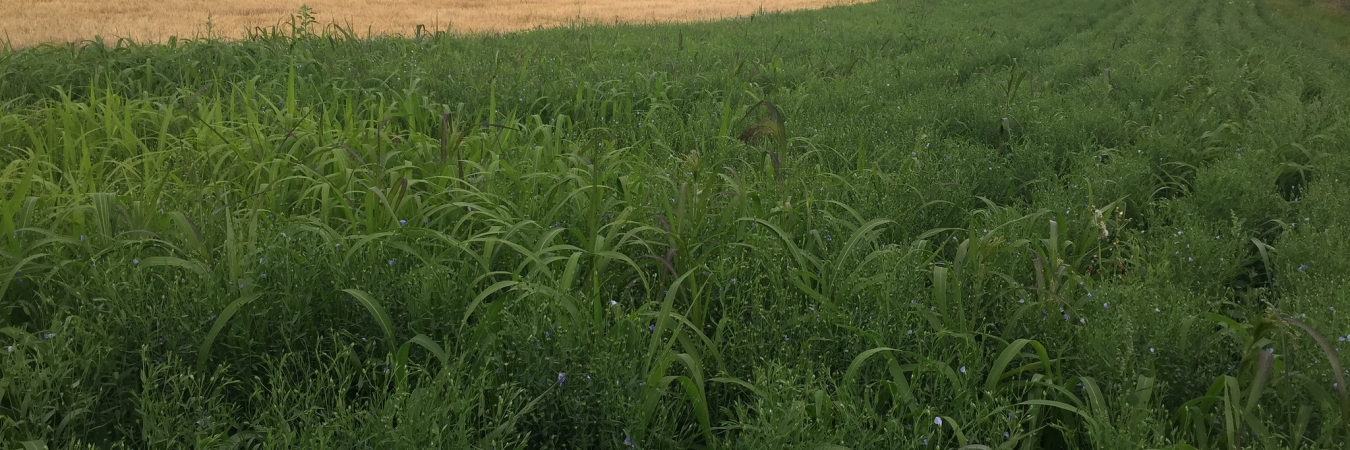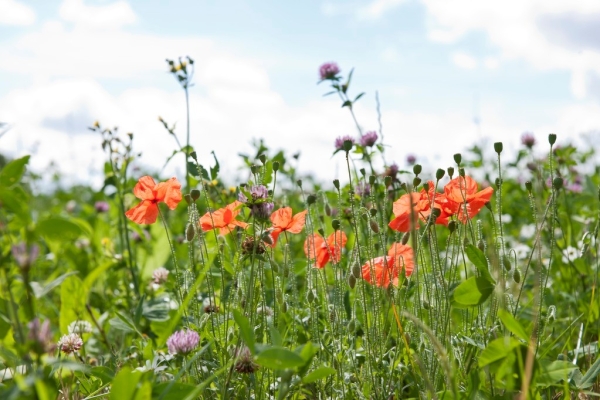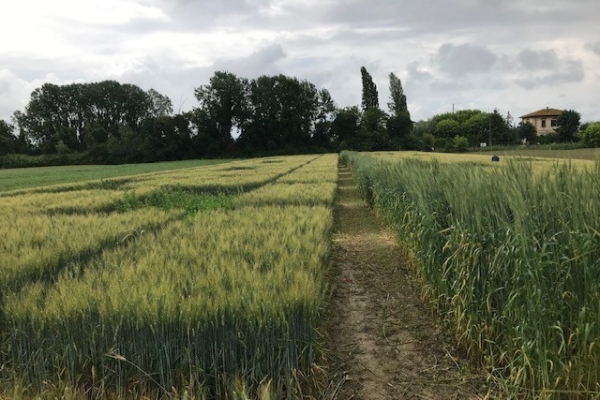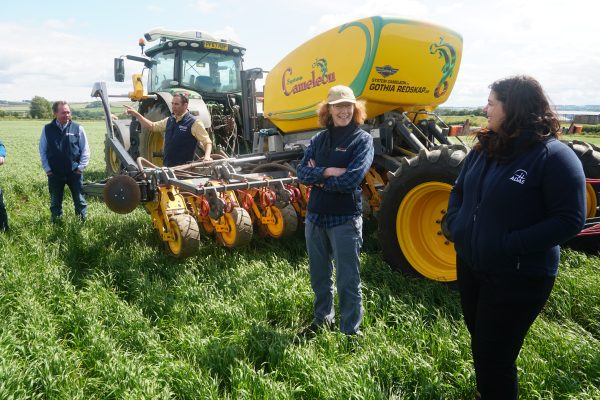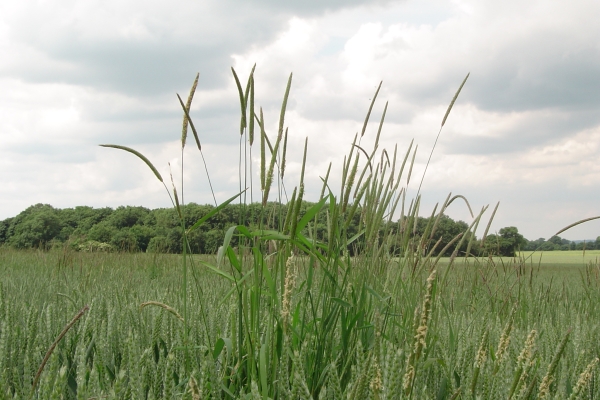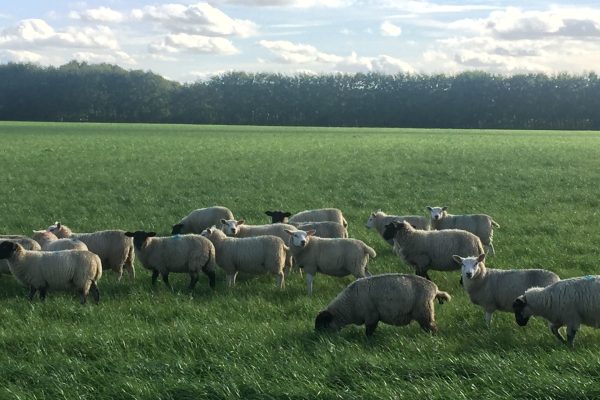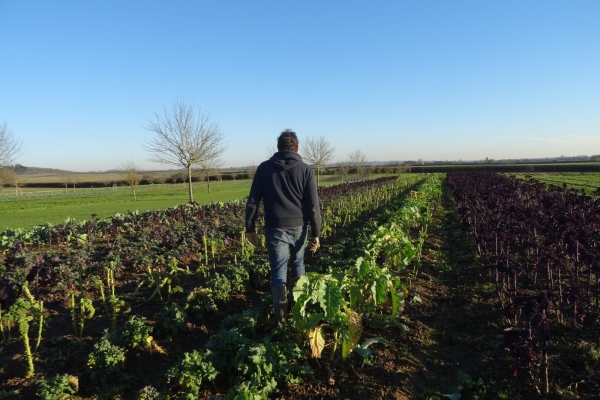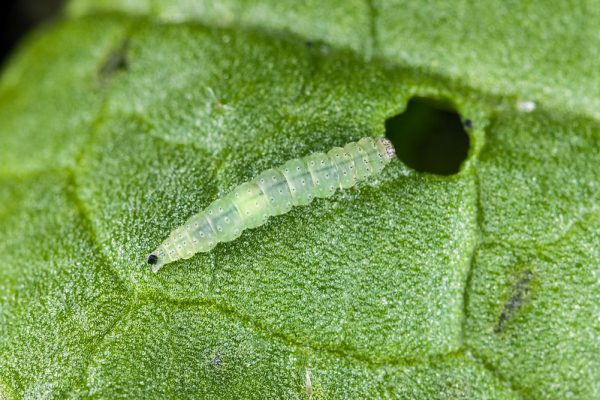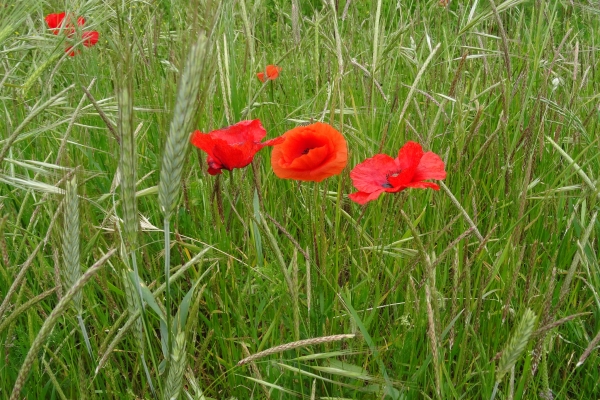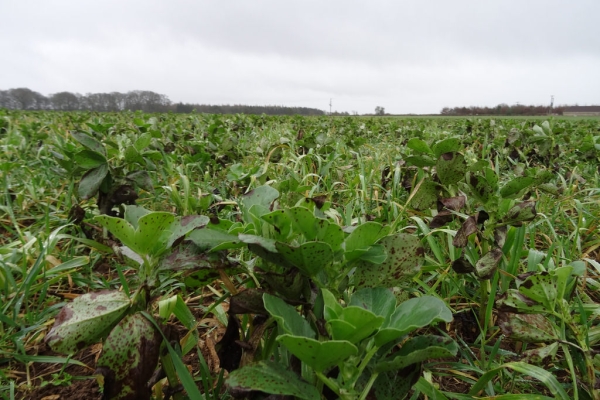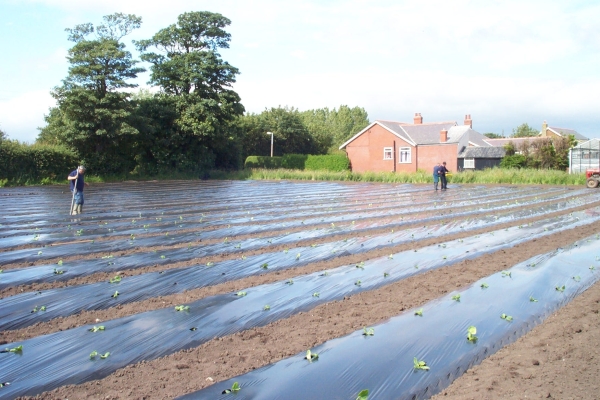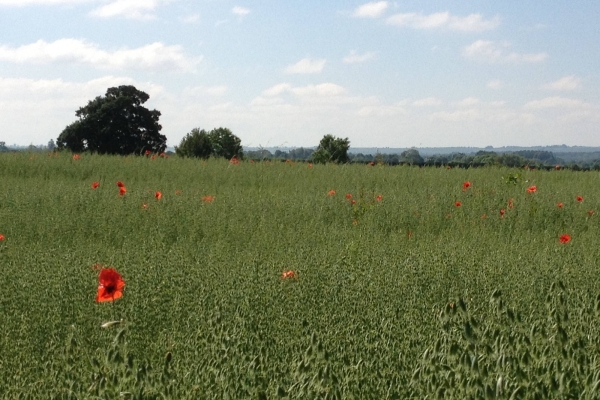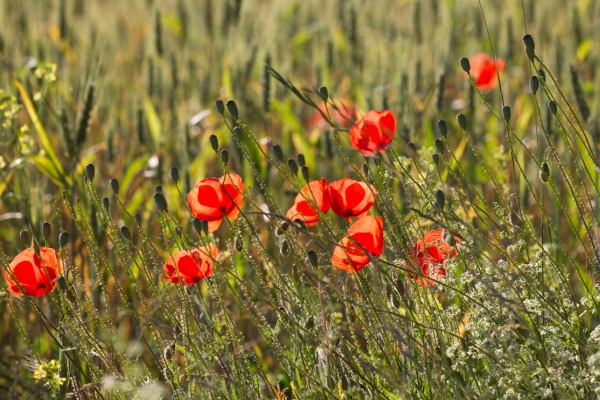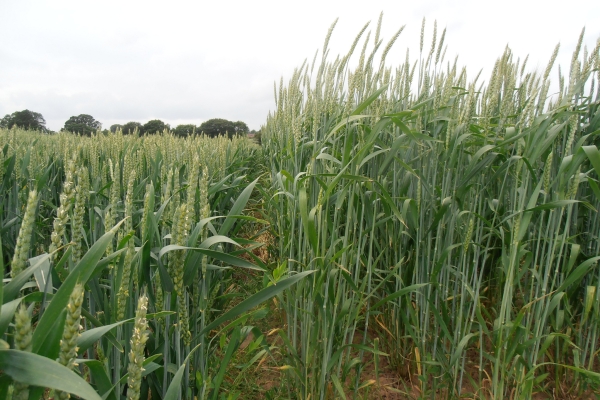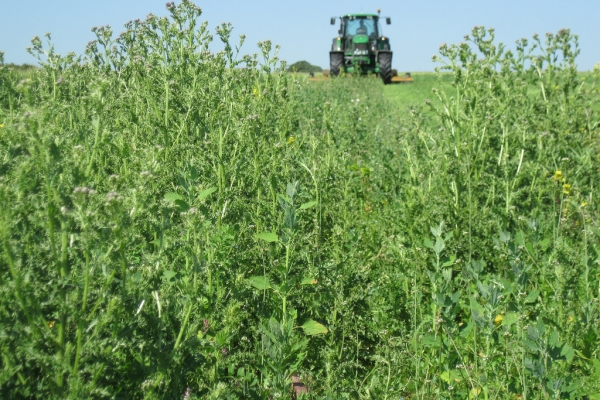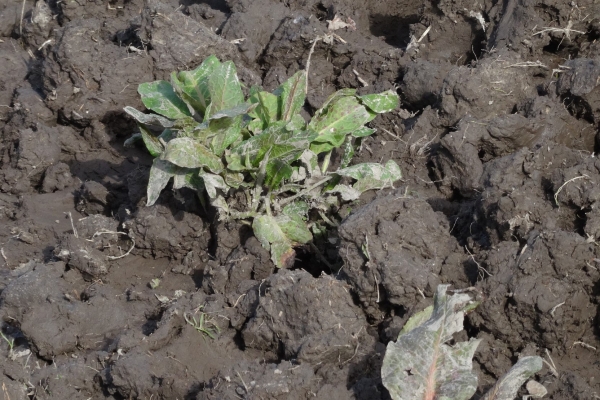Getting on top of the weeds
During March we delved into the world of weeds. Many will empathise with a comment Jez Taylor, head of the market garden at Daylesford makes in his featured vlog…“We are always thinking about weed control because it has a huge impact on crops, they rob nutrition and water from the crops…” In organic systems particularly, it is most effective to consider weed control at every stage of the crop production process, and to tackle them at the most vulnerable stages in their life cycles.
Garden Organic’s guides to common couch and fat-hen provide some useful information, recommending ways of preventing establishment of the weed in the first place, and of tackling the spread of seeds. The fat-hen resource inspired some of you to take to Twitter and Facebook exclaiming the nutritious virtues of eating it, something that was apparently common place until the sixteenth century, when it was replaced by spinach and cabbage. For an alternative approach to couch control, have you considered introducing buckwheat as a cover crop into your rotation? Have a read of Phil Sumption’s blog (published last year) explaining the on-going work being carried out in field lab trials.
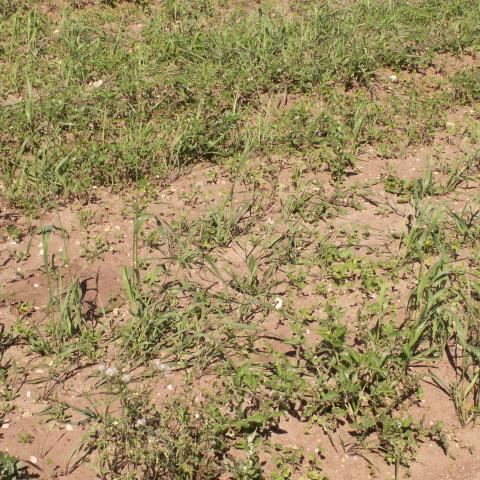
Photo credit: Garden Organic
Farming Connect’s useful guide looking at weed control in grass and forage crops of the most commonly found weeds emphasises the importance of minimising and preventing weeds through good soil management, grazing and cutting management, and crop rotation. OK-Net Arable’s ‘Crop rotation and its ability to suppress perennial weeds‘ gives some guidance on how you might approach this, such as incorporating competitive crops and green manures within your rotation. Using leys to manage weeds in arable rotations is an interesting topic and one that is being explored by ADAS in ongoing research. Lizzie Sagoo in her blog on the rotational benefits of leys talks about the launch of a new grass/herbal leys farm network to investigate the long term impacts of leys in rotation and describes how you can get involved. Other cultural control methods, particularly reduced or no tillage and their effect on weed management has featured in various resources throughout the month.
In a chapter looking at plant conservation on farmland, taken from WildCRU’s brilliant Wildlife & Farming Handbook, some interesting insights are presented on research that looked at the effects of field margins on weed occurrence in adjacent crops. It concludes that management of uncropped arable field margins for wildlife “is unlikely to affect weed levels within the crop, especially where they contain, or are sown with, non-invasive perennial species.” Another good reason to maintain field margins!
For those of you looking for alternative approaches to pesticides, Croprotect is a really useful database. Outside of Agricology, AHDB Cereals & Oilseeds have a wealth of great resources for managing arable weeds.
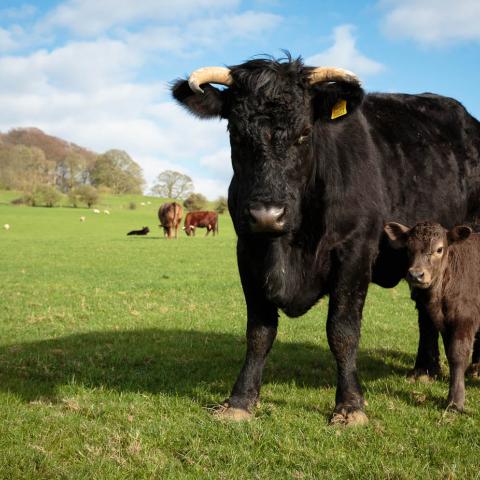
Photo credit: Steph French
This month, we are particularly focusing on livestock health and welfare, something that Megan Perry talks about in her blog ‘Help shape the future of UK farming’, with many consumers being concerned that welfare will be weakened when we leave the EU. Hence there is a need to look at relocalising meat production, and this will be one of the topics explored in the conference taking place at Fir Farm in Gloucestershire on the 27th and 28th of April. Alongside policy and regulation changes that will shape our future UK food and farming system, the conference will also be exploring “the farming practices that will best rebuild lost soil fertility, promote nature conservation and create viable and profitable business models for producers.” What could be more important for us all?! If you want to get involved, read more about it and how to book on to the conference by reading Megan’s blog.
